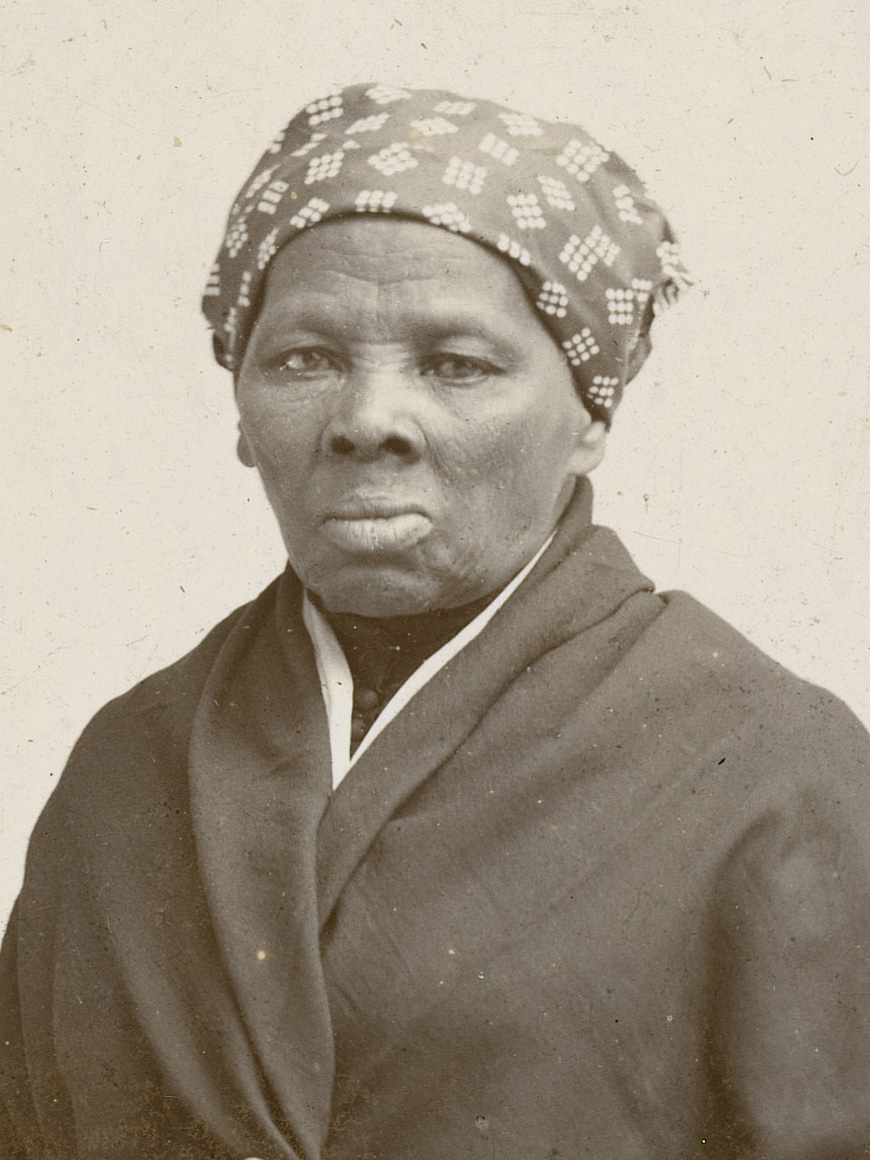Important Information
The Civil War brought profound challenges to the national identity and drastically transformed women's roles in American society. Women faced violence, but they also became nurses, activists, factory workers, and soldiers, redefining traditional gender norms. Individual stories of courage and resilience showcased women's contributions, while as a group, they navigated social, economic, and political shifts. The war prompted a crisis in the identity of the United States, forcing introspection and adaptation across the country. Through hardship and opportunity, women left a lasting legacy that shaped the nation's history and culture.

Harriet Tubman, born on Maryland's Eastern Shore, escaped slavery in 1849 and famously helped others gain freedom through the Underground Railroad. While she is best known for her work as a conductor, she also served as a nurse, cook, and spy during the Civil War. Her knowledge of the terrain and skills in covert operations made her invaluable in locating Confederate camps and aiding Union missions. Notably, she became the first and only woman to lead a military operation during the war, helping free over 700 enslaved people, some of whom later joined the Union army

Clara Barton was a courageous woman who risked her life during the Civil War by bringing supplies and medical care to soldiers on the battlefield. She began her efforts at the First Battle of Bull Run and continued throughout the war, helping soldiers on both sides. Before the war, she had been a teacher and even opened a free school in New Jersey, though she left when a man was chosen as principal instead of her. After the war, she founded the American Red Cross and had also worked at the U.S. Patent Office, possibly as the first female federal employee, where she faced hostility from male coworkers.

Mary Todd Lincoln played a significant role during the Civil War as the First Lady of the United States. She was a steadfast supporter of her husband, President Abraham Lincoln, offering counsel and navigating the challenges of wartime leadership. Despite facing scrutiny due to her Southern roots and family ties to the Confederacy, she remained committed to the Union cause1. She also demonstrated compassion by visiting hospitals, tending to wounded soldiers, and providing comfort to those in distress.


